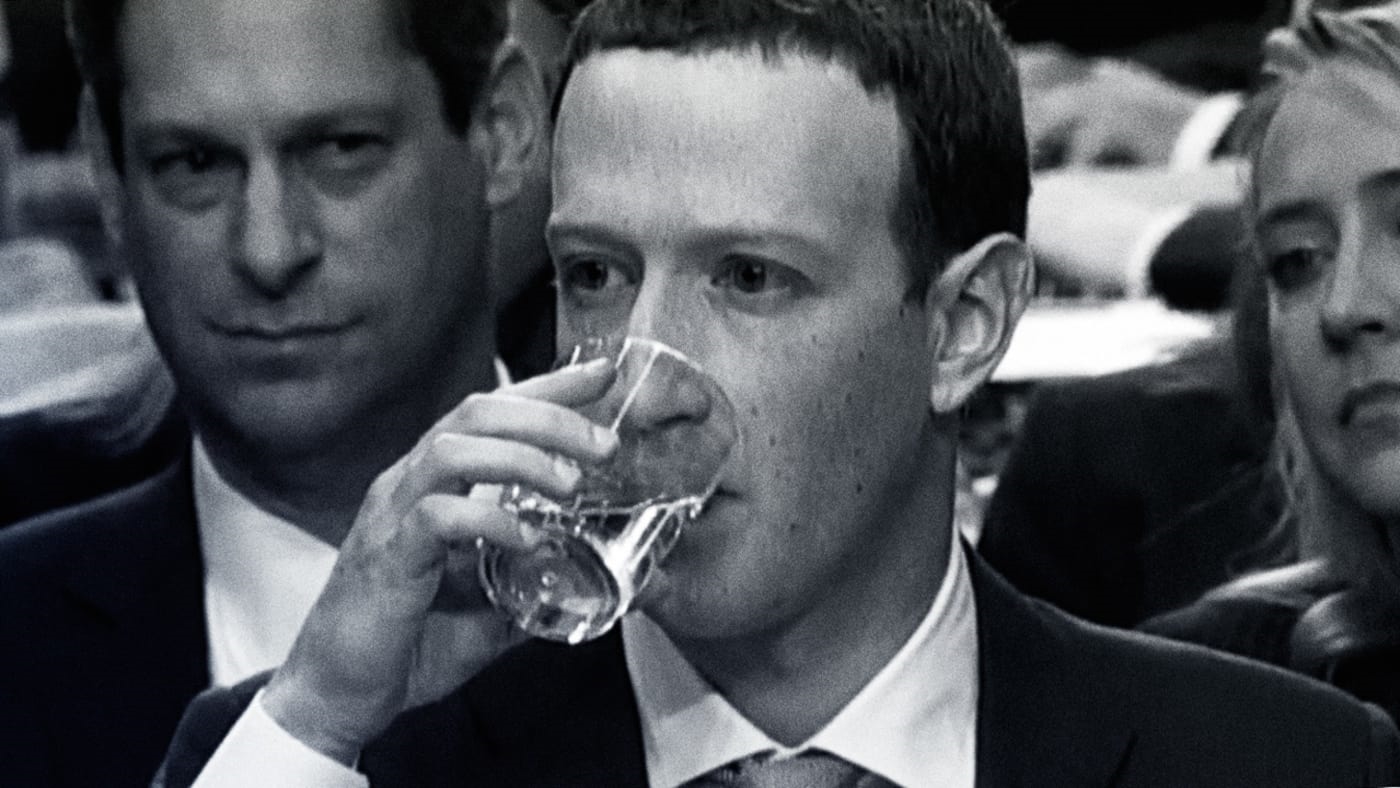Show Me a Self-Regulating Facebook And I’ll Show You A Fish Riding A Bike
When you think about it, asking Facebook to regulate itself is a ridiculous idea. During his two days of testimony in front of Congress, Mark Zuckerberg was asked repeatedly if he thought his company should be regulated. What were they asking him for?
Zuckerberg humbly suggested that some regulation of digital advertising might be necessary. He’s right–and Facebook’s entire history has already proven the point. Self-regulation runs counter to the company’s deepest corporate instincts. Zuckerberg is a hacker. Facebook has a major campus at “1 Hacker Way.” For the best part of its history, its rallying cry was “move fast and break things.”
To much ridicule, Rep. Billy Long (R-MO) asked Zuckerberg about his pre-Facebook website, Facemash. My first thought was that the question reflected a misunderstanding of Facebook’s current business, but I’ve had second thoughts. Facemash was indeed juvenile–it compared the faces of two Harvard students, then asked “who’s hotter?” But that’s not the point. Zuckerberg scraped the content of the site, including the photos, from Harvard servers to which he had no approved access. He was hacking. That episode prompted the first of Zuck’s many subsequent privacy-related apologies.
The Hacker Way is a big part of Facebook’s culture. That’s why throughout its history, it has pushed the boundaries of data collection, user control, and privacy. It’s pushed so hard that it’s gotten in trouble numerous times. And every time, Zuckerberg has said he was sorry–and then gone right back to the business of harvesting user data. As the Facemash story shows, he did this long before Facebook became a money machine, but today that harvesting is key to Facebook’s business model, since it gives advertisers more data with which to target ads.
When this sort of belligerent approach to data and privacy is the norm and goes up to the top levels of the company’s org chart, how can anyone honestly expect Facebook to self-regulate? Even if it put on the appearance of doing so, its corporate culture would dictate a constant search for ways of circumventing any restrictions that got in the way. That’s its particular brand of the Hacker Way.
I hope that the congressional hearings conveyed at least one point to lawmakers and the folks watching on TV–that Facebook stopped being idealistic long ago, despite Zuckerberg and COO Sheryl Sandberg’s smooth “we’re trying to connect the world” mantra.
The alternative to a self-regulating digital-advertising industry isn’t very appealing either. As I wrote (April 27, 2018), judging by lawmakers’ back-and-forths with Zuckerberg, it seems apparent that they lack enough of a basic understanding of the industry to write a credible piece of legislation to protect personal data privacy.
Nevertheless, getting Congress to regulate might be an easier situation to change than trying to rewire Facebook’s hacker DNA.
(33)



